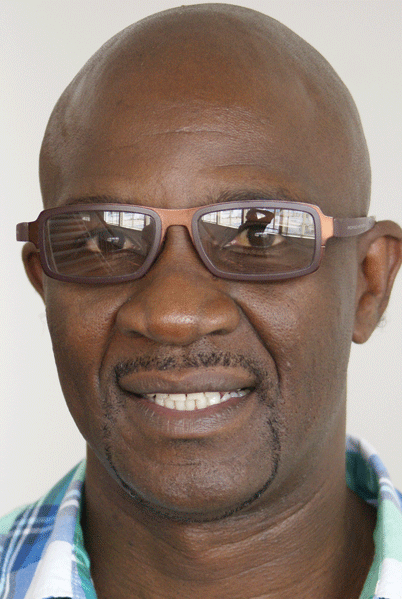
THE question of ancestry has been of human concern in virtually all cultures and over all times of which we have any knowledge.
Whether it be a story about the origin of a particular tribe or nation and its subsequent mixture with other groups or curiosity about a family history, there is always the implication that we ourselves, reflect properties that have come to us by an unbroken line from past generations.
Surely pride or shame are appropriate sentiments for actions for which we ourselves are in some way responsible.
Why then do we feel pride or shame for the actions of others over whom we can have no influence?
Do we, in this way, achieve a false modesty or relieve ourselves of the burden of our own behaviour? There is a widespread belief that knowledge about the personal characteristics of ancestors who have never directly entered into our lives is relevant to our own formation.
Moreover, that relevance is seen not simply as arising from our conscious knowledge about those ancestors, but from a deeper source, our genetical inheritance which would operate to form us in part, irrespective of our consciousness of the past.
Once having a 200-year genetic legacy can be a source of a group identity and pride in the same way that having a shared history, culture and region can be sources of pride.
Once again we have the question of why having knowledge of a remote ancestor and a shared history makes us “proud”.
- Chamisa under fire over US$120K donation
- Mavhunga puts DeMbare into Chibuku quarterfinals
- Pension funds bet on Cabora Bassa oilfields
- Councils defy govt fire tender directive
Keep Reading
Is it that preening ourselves before the glass of history which seems egotistical than inspecting our images in the glass of fashion?
The element of “pride of ancestry” usually leads to extensive decisions of intellectual and professional accomplishment and the degree to which they may reflect innate biology capacity.
However, there is no evidence that the intellectual qualities that make some people lawyers or physicists are a consequence of their genetic superiority.
Indeed, we know nothing about the genetics of non-pathological variation in the cognitive capacities of the brain.
An attempt to determine whether intellectual life is genetically heritable would require a large adoption study in which infants would be reared in a controlled environment in circumstances that prevented their caretakers from knowing their family or social origins.
Moreover, given the sensitivity of central nervous system development to nutritional and other external factors, the study would have to begin with newborn infants and we would still miss the effects of prenatal circumstances. We should not be surprised that such a study has not been done.
After more than a century of claims that high intellectual or artistic accomplishment is somehow rooted in heredity and more specifically in the possession of “genes” for high intelligence or genes for creativity, there is no credible evidence for their existence.
Indeed the search for genetic superiority has largely given way to an extensive effort to find the genetic basis for a host of physiological debilities.
The biology of any peoples enters not as a determinant of their cognitive abilities, but as a tool for defining the people as a collection of related people who can lay a claim to a geopolitical existence and for attempting a reconstruction of their history.
In the present world of scientific technocratic reasoning, biological research is a major tool that demonstrates and validates links between the present day people and the land that for centuries has been unequivocally, the glue of their sociocultural bonds.
One of the problems for a global understanding of the use of this “tool” is that our ideology has replaced the metaphor of the glue of relationship with that of the “melting pot” provided by a new world in which our origins are claimed to be ultimately irrelevant.
Yet in countries where some people are still often in effect segregated, we seem not to have found just the right temperature to complete the fusion.
There are various motivations for investigating one’s origin. One of the sophisticated views is that the molecular evidence generates grounds and authenticates narratives of origins kinship and history.
However, its purpose is not to claim that any particular human nature flows from those origins. Rather, such evidence is a manifestation of the belief that the consciousness of being a member of any genetically related ethnic group somehow tells us something fundamental about who we really are, about the solution to our quest for self-knowledge.
This requires that one actively embraces that ancestry that one learns about and fashion oneself according to its cultural or religious principles thereby transforming ancestry into identity or selfhood.
While this belief in the fundamental importance of knowledge of ancestral origins is undoubtedly widespread, it is far from universal.
Yet an indifference to ancestry is sometimes taken as a rejection of one’s real identity even of self-hatred.
It seems clear that while one may see oneself as embracing one’s ancestry, one may also be indifferent to such ancestry or reject it.
The choice to learn about yourself to remain who you are or realise your sense of self vis-à-vis new revealed bodily facts about who you have always already been, remains yours to make.










